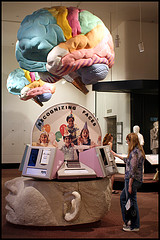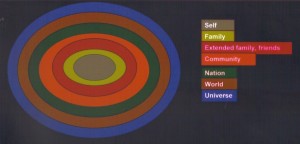In the background of how the current economic and financial crisis is impacting individual lives and families, a leading Indian newspaper had recently asked me to write a short piece on some thoughts around reinventing ourselves in such challenging situations. The same is reproduced below.
Every time we are faced with a real personal crisis — loss of job, onset of a terminal illness, divorce or financial crisis — some of the questions that cross our mind are: Why did this happen to me? Will it ever get better? How will this impact my social position? It is only natural to start feeling down and feel anxious about the future. However, people who have weathered such storms, and whom I have had the opportunity to meet during my corporate career and my life coaching practice, usually say that the crisis was the best thing that happened to them. It made them to get off their treadmill of maddening activity and do some real soul searching towards creating a better and happier future.
Drawing from those experiences, it may be useful to look at ways of dealing with such crises in multiple dimensions.
First, it is critical to maintain a healthy sense of optimism about the future — not because we want to psyche ourselves into positive thinking but because things do get better from points of high pessimism. Surveys of people faced with a personal crisis demonstrate that the same people generally feel much better about themselves and life in general just a year after the initial event. It is equally important to have a strong sense of self-belief — the belief that not only will things get better, but that I will also have a meaningful role to play in it. As Graham Bell said, “When one door closes another door opens; but we often look so long and so regretfully upon the closed door that we do not see the ones which open for us.”
If the crisis involves some form of financial impact, it may be useful to also…















